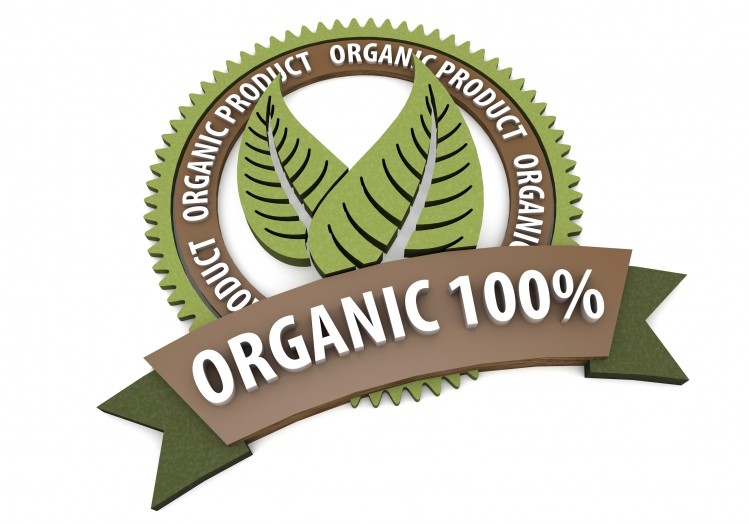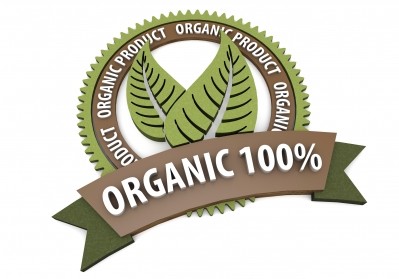USDA pulls organic importer certification from Turkish company Beyaz Agro after fraud questions

The organic grain and oilseed handling company had its organic certification from the US Department of Agriculture’s (USDA) National Organic Program (NOP) revoked after an investigation into shipments handled by the company, said the USDA.
The decision came after the company did not appeal an earlier notice of noncompliance and proposed revocation sent by the department. The company and all connected persons are to stop all sales and handling of products represented as organic and failing to do so can result in a civil penalty of $11,000 per violation.
On May 29, the company submitted a written declaration to withdraw from its USDA organic certification, the department said. “On May 30, 2017, you further submitted a written declaration of withdrawal of your USDA organic certification to the NOP, as well as a statement of your intent to waive your rights to appeal the USDA’s proposed revocation of Beyaz Agro’s organic certification,” it added.
Several organic grain, feed and production organizations spoke in favor of the decision, and some have called for more stringent import reviews in the future.
Although actions have been taken against select entities identified in recent investigations in the organic feed and grain sector, there is interest in increasing audits of large shipments, said Mark Kastel, co-founder of the Cornucopia Institute. “In the case of the large shipments, on the basis of their size, you could easily justify auditing the paper trail back and doing residue testing, and it would be demonstrably less expensive than what it takes to certify multiple farms in the US,” he added.
The National Organic Program (NOP) “is supposed to be able to identify fraud, but there needs to be more aggressive protocols,” he told FeedNavigator. “We will be making a formal request that auditing and testing take place as a standard processes when shipments exceed a certain amount.”
The Organic Trade Association (OTA) also spoke in support of the decision to revoke the organic certificate for the grain exporter. “OTA also commends USDA for committing to improving the timely and detailed communication on critical compliance issues to the trade,” it added.
“The oversight of foreign organic suppliers and the enforcement of organic standards must be rigorous and robust,” the OTA said in a statement provided to us. “The integrity of the organic certification process and the commitment to compliance and enforcement are the lifeblood of the organic industry, ensure a level playing field for U.S. organic farmers, and the organic industry supports strong action to uphold that integrity.”
Import problems and certification
The NOP investigated complaints that non-organic grains and oilseeds were sold in the US as organic, after being imported from Turkey, the USDA said.
“In the course of investigating these complaints, the NOP identified violations of the USDA organic regulations involving soybean shipments managed by Beyaz Agro, a certified organic grain and oilseed handling operation, and two related entities: Hakan Organics based in Dubai, United Arab Emirates and Agropex, based in Broadway, Virginia,” the department said. “This investigation related to a shipment of 16,250 metric tons of soybeans, which arrived in the United States aboard the M/V “Four Diamond” on November 12, 2016.”
The soybeans were exported from the Ukraine to Turkey and then exported from Turkey to the US, the department said. But, before leaving the Ukraine, the oilseeds were fumigated with aluminum phosphide, which is prohibited by USDA organic regulations.
However, in the US, the soybeans were sold as USDA organic, the department said. That was a violation of the Organic Foods Production Act (OFPA) and USDA organic regulations.
“The NOP investigation revealed that Beyaz Agro and its CEO, Goksal Beyaz, who also serves as the general coordinator for Hakan Organics and acts on its behalf, violated the OFPA by selling fumigated soybeans from Ukraine in the United States while representing them as organically produced and handled,” the USDA said.
The company brought in four shipments of soybeans from the Ukraine to Turkey with phytosanitary certificates from the Ukraine, the department said. The records document the fumigation but do not say that the soybeans were produced organically. In Turkey, Beyaz Agro reportedly asked the accredited certifying agent Kiwa-BCS for organic transaction certificates, but allegedly provided false information.
“It provided two certificates of inspection that were issued by bio.Inspecta AG, a USDA-accredited certifier, which identified Russia as the country of dispatch for 26,243,840 KG of organic soybeans,” said the USDA. “The application for an organic transaction certificate also included commercial invoices, bills of lading, and marine survey certificates that identify 16,250,000 KG of organic soybeans in bulk to be shipped to the United States.”
The company was given the organic transaction certificates listing the soybeans as organic and re-exported the soybeans to the US, the department said.
Feed and fraud focus
Imports of falsely labeled feed grains present a problem for feed producers and producers raising organic production animals, said Kastel.
“It’s not only a betrayal when grain producers have to compete with bogus organic commodities, but for livestock producers who pay a premium for the feed and have a higher cost of production,” he said. “Their reputation and their marketing partners’ reputations are on the line.”
Questions of fraud hurt the entire organic production system, added the OTA. “Anytime there is fraud anywhere in the organic system, it takes value out of the organic chain, and hurts organic farmers wherever they farm,” it added.
“Fraud cannot be tolerated in the organic system, inside or outside of the United States,” the OTA said.
Fraud concerns and “organic alchemy”
The Cornucopia Institute has been concerned about the status of imported organic feed grains for several years, said Kastel. “The pricing, the quantity – what we’ve been calling it for years – we’d called it organic alchemy,” he added.
The amount of feed grains being imported at lower costs has made it harder for domestic producers of organic feed grains to find markets, he said.
“We have been asking the USDA to more closely scrutinize imports from countries, including China and a number of former Soviet Bloc countries, we’ve been asking for a decade and there’s no evidence that they’ve done so,” he said. The fraud allegations against the Turkish exporter came to light after an investigation by the Washington Post, he added.
The institute continues to critical of leadership in the organic industry and at the USDA’s National Organic Program, because domestic producers have been “thrown under the bus,” said Kastel. “It’s one thing to be competing with imports and other to be competing with fraudulent imports,” he added.












